What attracted you to Carl Marks Advisors when you joined?
I found the size of the firm and the fact that it was family owned very appealing. My initial points of contact were Joe D’Angelo, Duff Meyercord and Jon Bushnell – and my respect for all of them has only increased since. I appreciate the lack of office politics and I like the sense of camaraderie.
At the beginning of the oil and gas downturn, I knew that turnaround work would be a good space in which to practice. Carl Marks Advisors was committed to developing an expertise in the industry and it has been a fun ride. I don’t think anyone anticipated restructurings would be so balance sheet driven as opposed to operationally focused.
How has specializing in the oil & gas sector shaped your skill set?
I have been around long enough that I have seen just about all the tricks of the trade. Much of my career has centered on valuations, as a buyer and as a seller, and I have learned there are many pathways to value. I have a pretty good feel for how reservoirs react within various petroleum systems, but I also know that rocks can be humbling. The key is understanding what assumptions have been made, both geological and transactional, and the risks tied to those assumptions. I tend to ask a lot of questions to make sure I understand what is behind the data so that I can calibrate the risks. My personal mantra is: “confidence is what you feel before you fully understand the situation.”
What about oil & gas deals is unique from a transactional standpoint? Any industry-specific challenges that don’t apply to other sectors?
Oil and gas is different from many other industries because the capital requirements are so high and also because you are working with a depleting asset that is underground where you can’t see, touch or feel it.
Most oil and gas transactions are actually real property transactions – an acquirer is purchasing a lease that gives them rights to produce and exploit minerals. As such, title work is a key element to a clean transaction. In my experience, many investors and most lenders do not fully understand the importance of title work in perfecting ownership and liens. Bad title can lead to lots of problems and it can be tricky work, particularly in areas that have seen many decades of development.
There are a multitude of other assumptions that affect valuations in a transaction including: commodity price projections, basis differentials, production profiles, operating expense assumptions, and the timing and magnitude of CAPEX assumptions and resulting benefits. Many investors and institutions avoid the E&P sector, because they do not want to invest time and energy to gain the expertise necessary to understand the asset.
What career advice would you give to yourself/other recent college graduates just entering the workforce?
My advice is always the same: Learn as much as you can. Impress people with your work ethic, responsiveness and preparedness. Develop a network both within and outside your industry. Work on as many transactions as you can, because there are unique challenges, learning opportunities and network development opportunities in each.
I also encourage my junior colleagues to get involved in something non-work related and assume a leadership position in the non-profit sector in order to give back to the community.
